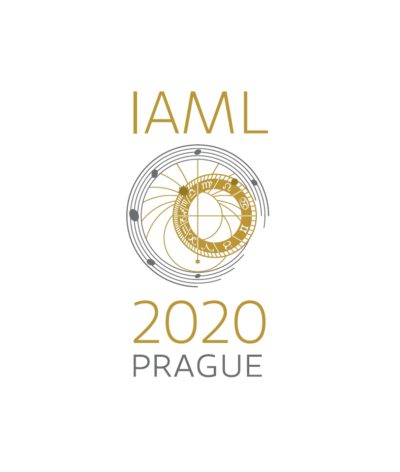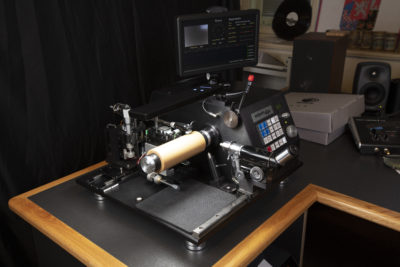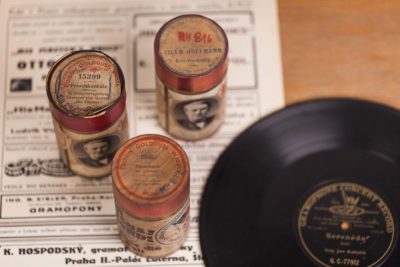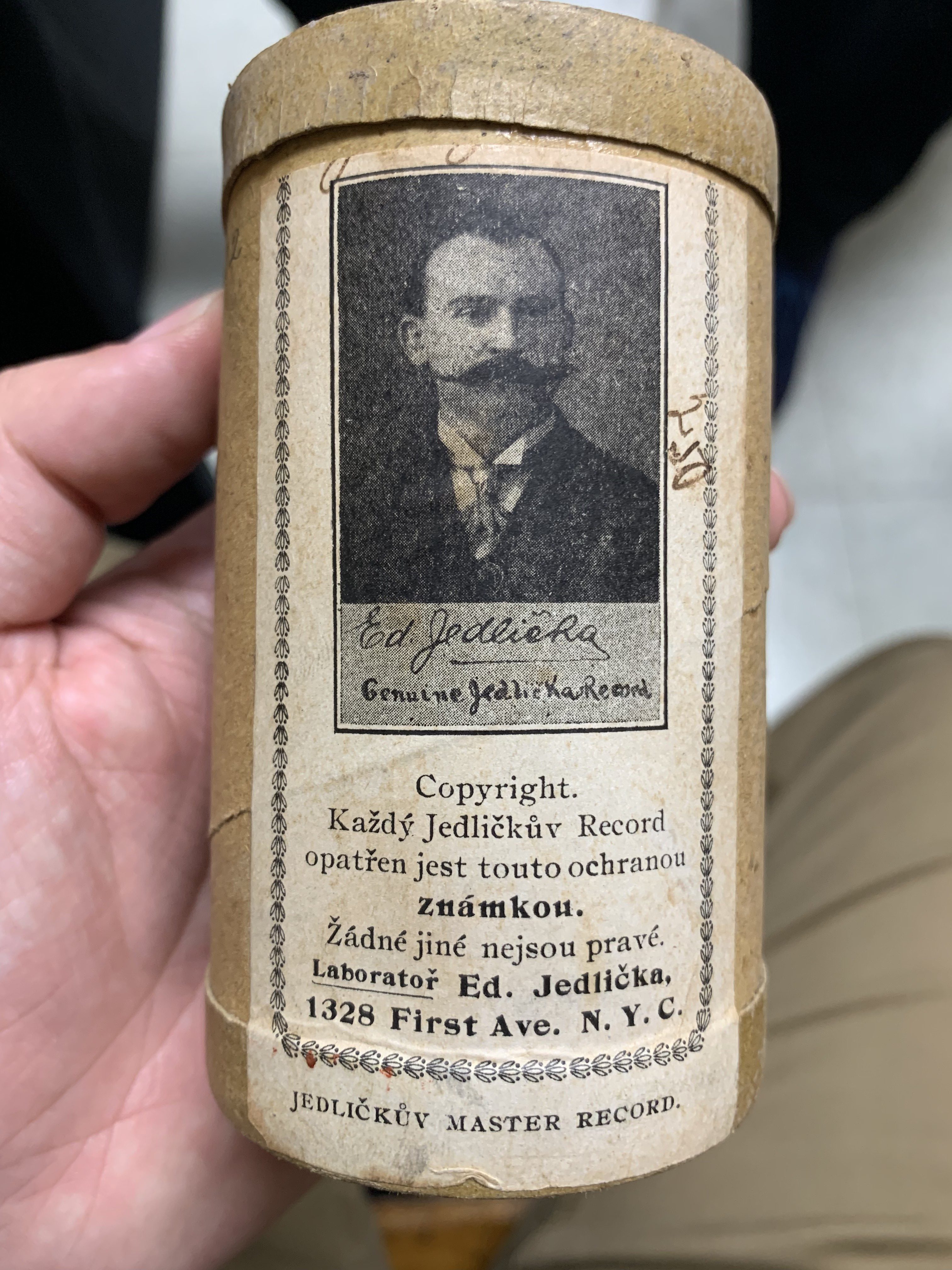International conference in Prague again: with significant Czech participation!
2020 IAML Congress will be held 19-24 July in Prague, Czech Republic for the second time. This is great honour for the Czech professional community. All professional interest groups know IAML very well, but general public can have difficulties with identifying, what this abbreviation stands for. What does IAML mean and why is it so important in our field of interest? IAML is an abbreviation of International Association of Music Libraries, Archives and Documentation Centres. IAML’s principal aim is to encourage and promote the activities of libraries, archives and documentation centres concerned with music and music materials, to strengthen cooperation among institutions and individuals working in these fields and to publish information concerning their work. The association has 1700 individual and institutional members from 40 countries of the world, mainly in the North America and Europe.
The main congress organiser is the Czech national branch of the IAML in cooperation with the Municipal Library of Prague and the National Library of the Czech Republic. More information as well as the registration form is accessible via the official conference pages.
New Phonograph, the project of czech National Museum, is going to present four contributiuons and a workshop. The workshop will be described in another article. The additional text is aimed at short descriptions of these contributions.

Registrace je otevřena zde.

The first contribution Bringing sound documents to the public: New Phonograph and the Virtual National Phonotheque by Anthony Allen is focused on introduction of New Phonograph and its aims. The author describes the situation in the field of acquisition, preservation, protection and accesibility of audio documents in the Czech Republic. Users’ ever-increasing demands for digitalized sound recordings required new procedures to describe and make available old audio carriers such as phonograph cylinders and vinyl records. The aim of the project, which involves not only the National Museum represented by the National Museum of Music, but also several important cultural institutions (eg the National Technical Library), is not only to create a methodology for describing and protecting audio documents but also to digitize them and make them accessible via one database (Virtual National Phonotheque). Among other things, the project offers the potential for discovering new sound recordings and creating sound collections preserved in important institutions (National Theater, Sokol, etc.).
Second contribution The Virtual National Phonoteque – an Umbrella for Sound Documents by Iva Malinová describes the unique database, which is the aggregator of audio documents stored in Czech institutions. The portal collects metadata across different types of institutions: libraries, archives, museums, commercial publishers, Czech Radio, Czech Television and even private collectors, making them all accessible in one location and afterwards allows access to an audio document through direct listening, loan or purchase in publisher’s e-shop. VNP serves also as the access point to other information and sources relevant to audio documents. Our immediate targets are to involve and cooperate with more suppliers to enrich the VNP´s content, and to develop a new version of the portal to meet all the criteria of a modern, secure database.
The third contribution Pioneers of the Sound Industry: the beginnings of trade, distribution, and dissemination of the oldest sound carriers in Czech Lands by Vít Holeček, Martin Mejzr a Michal Studničný presents research project which deals with systematic interdisciplinary research and comprehensive mapping of the phonograph cylinder and record markets before 1914, focusing mainly on Prague in the context of the sound industry’s expansion in Central European capitals. The project intends to focus on the practically unknown and uncharted pioneering period of distribution and dissemination of the oldest sound carriers in Czech lands before the First World War, namely the commercial practices and strategies of individual sellers, their personal or corporate portfolio, the range of products and their links to foreign suppliers. Considering the scope of the available collections in the National Museum (especially in the Czech Museum of Music), the research aims to focus on the Prague metropolis as a center of audio media sales in Czech lands. The main task of this project will be data collection and interpretation, including all traceable information regarding the sale and distribution of the oldest audio media (names, addresses, index and biographical data, statistics, multimedia, etc.).


The third contribution Genuine Jedlička Record: the first ethnic recordings for Czechs in the United States by Katie Buehner and Filip Šír deals with a unique set of over five hundred two-minute brown wax cylinder recordings of Czech songs and stories produced by the Czech-American jeweller Ed Jedlička, who lived and worked in New York. He was the first person who produced cylinder recordings of the specific ethnic population and, fortunately, some of the recordings from this set have survived to the present day.
In 2019, the University of Iowa received a donation of cylinders that included sixteen brown wax cylinders, thirteen of which bear the Jedlička label. Several of the cylinders in this collection pre-date the patent filing or are the only copy of a particular title, making them exceedingly rare. The cylinders were digitized at the Indiana University Media Preservation and Digitization Initiative in October 2019 and, with the help of Filip Sir of the National Museum in Prague, are in the process of being described (titles, performers, etc.). The contribution will be focused mainly on the unusual types of early recordings that document Czech culture in the United States, through the samples of the songs, performers, and producers of the content. Also discussed will be ways in which partnerships with local and international organizations are being utilized to better understand and best preserve these recordings.
You can enjoy these and more contribution if you register for IAML. If you are interested, don’t hesitate!

